Outrage over breast-revealing Oktoberfest costumes: Bavarian prince says ‘excessively low-cut, plastic folk outfits from China’ that show women’s cleavage are an insult and ‘cultural appropriation’
Fake costumes that allow festival goers to show off their bodies are lowering the cultural value of Oktoberfest, a Bavarian prince has claimed.
Bavaria’s 72-year-old Prince Luitpold Rupprecht Heinrich, whose great-grandfather was the last Bavarian king, said cheaply made costumes turned the historic festival into a “carnival.”
“When I see Chinese-made folk costumes made of plastic, pseudo-costumes with tight dirndls, the whole thing becomes a carnival,” Heinrich told a local radio station.
“We’re all talking about cultural appropriation these days. This is happening to us Bavaria!’
He added: ‘If it’s just about wearing a costume to get drunk in… you lose a lot of culture and tradition in the process.’
The Bavarian prince lashed out at cheaply made dirdls
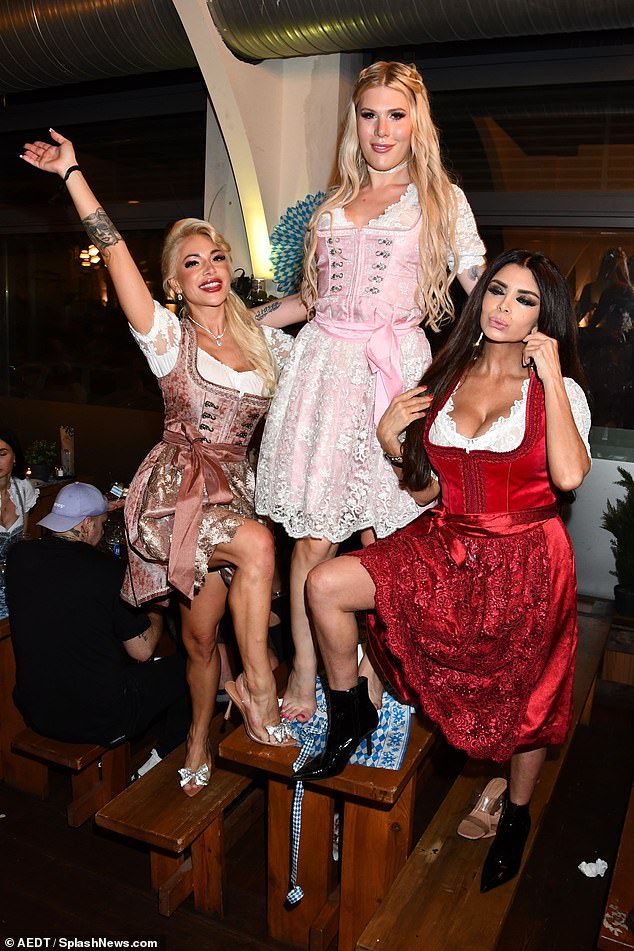
He said they were a form of “cultural appropriation” that devalued Bavarian culture
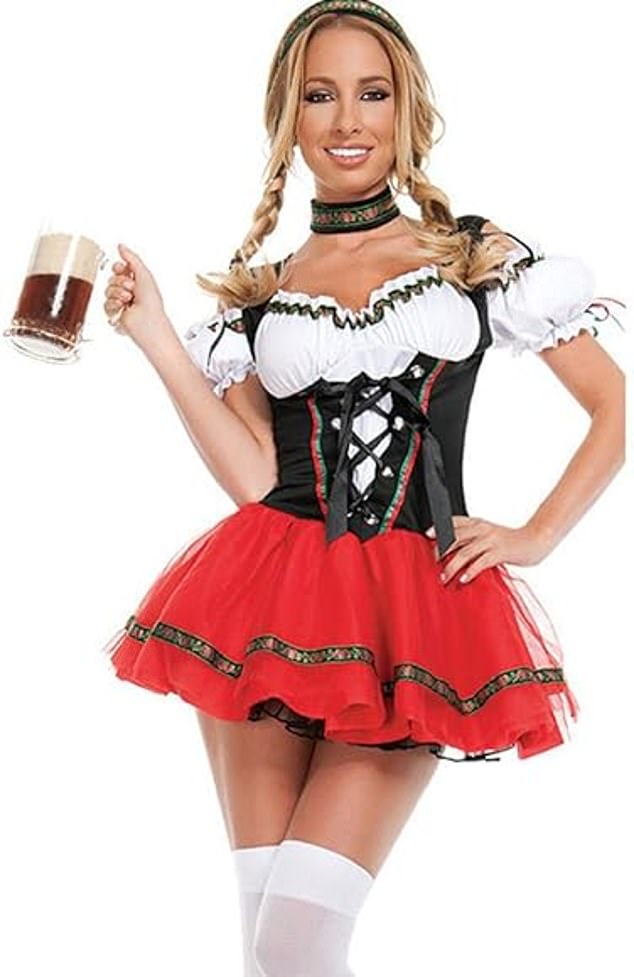
Cheaply made dirndls have been criticized as ‘cultural appropriation’
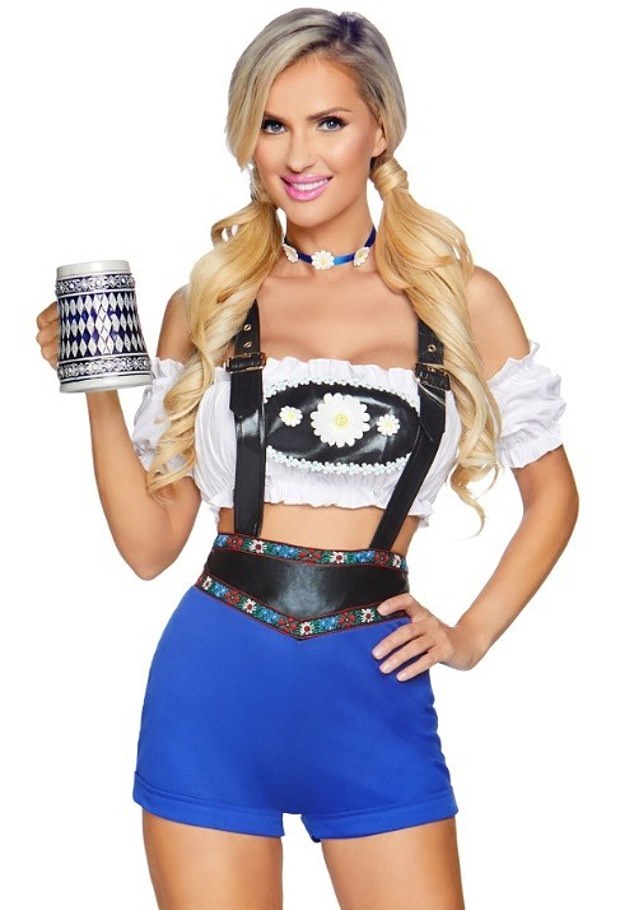
A Bavarian prince says it cheapens the culture and traditions of the German region
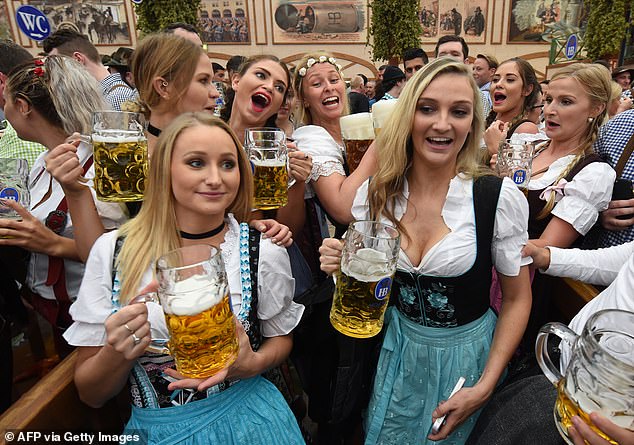
Dirndls are a traditional dress consisting of a bodice with a low neckline, a blouse and a high-waisted skirt
Men are often seen in lederhosen, while ladies wear ‘dirndls’, a traditional dress consisting of a bodice with a low neckline, a blouse and a high-waisted skirt.
Traditionalists have argued that Oktoberfest, held in Munich for 213 years, has become less of a celebration of Bavarian culture in recent years, and more of a chance for people to drink copious amounts of beer and wear low-cut and cheap luxury. dress.
But this year’s festival isn’t just facing a reckoning over dresses. Traditionalists fear Oktoberfest will turn into a “Woke Wiesn,” a play on the local name for the festival, after a marquee decided to serve all-organic chicken that costs 50 percent more than usual.
Andrea Koerner, an Oktoberfest regular, shared Wall Street Journal that although she normally orders a chicken, she paled when she saw that the price of an organic half chicken was €20.50.
“We don’t know the taste because it’s too expensive to try,” says 56-year-old Koerner.
But a younger guest told the newspaper that he didn’t care about this price increase.
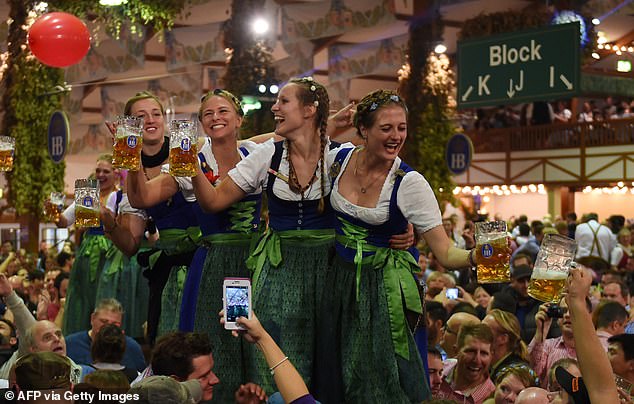
The Bavarian prince called the use of fake and cheaply made dirndls ‘cultural appropriation’
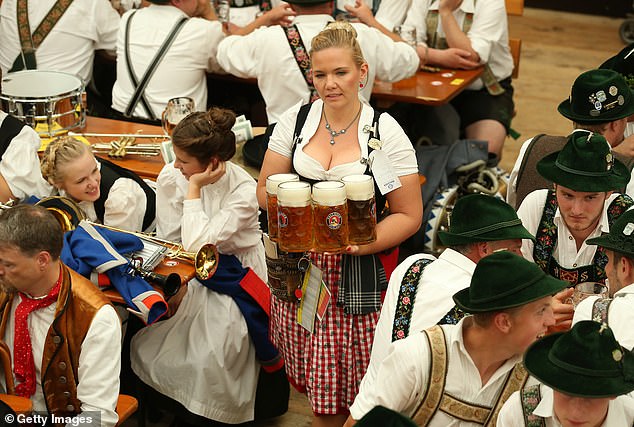
The Oktoberfest in Munich attracts millions of visitors every year
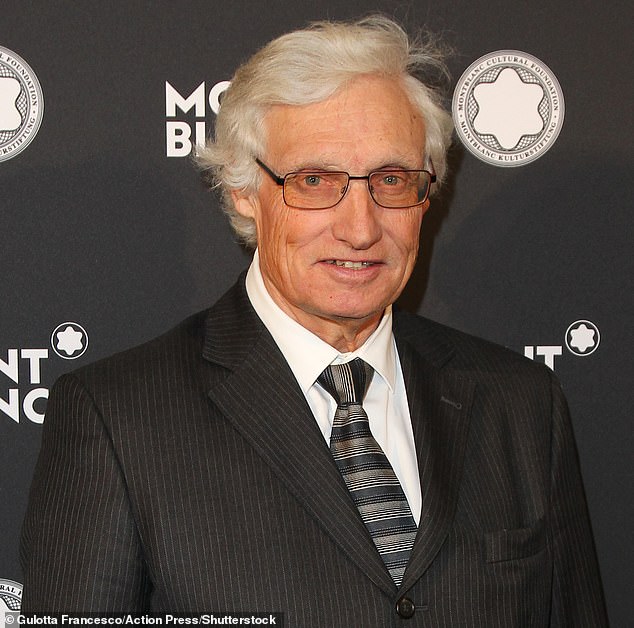
Luitpold Rupprecht Heinrich (pictured), whose great-grandfather was the last Bavarian king, said cheaply made costumes turn the historic festival into a ‘carnival’
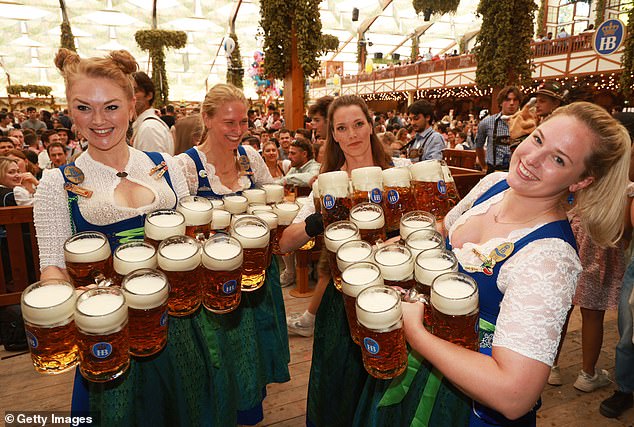
The Bavarian prince said of the modern-day festival: “If it’s just about wearing a costume to get drunk in… you lose a lot of culture and tradition in the process.”
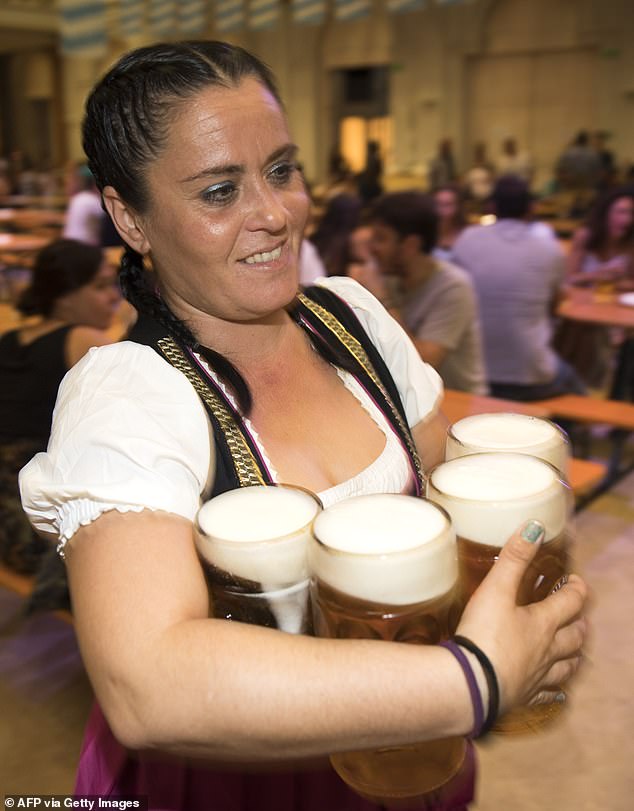
Millions of liters of beer are expected to be sold at this year’s festival
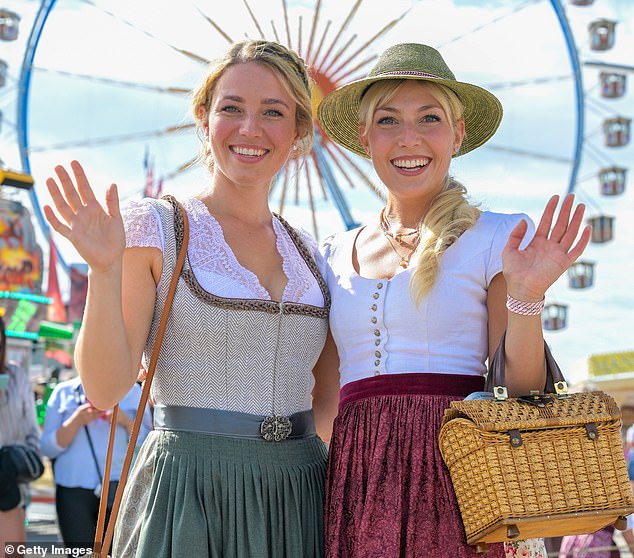
The very first Oktoberfest started as a celebration of the wedding of Prince Regent Ludwig of Bavaria, the later King Ludwig I and Princess Theresa of Saxe-Hildburghausen in 1810
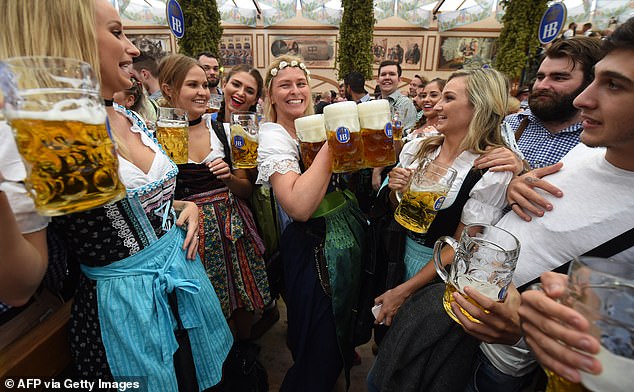
This year’s Oktoberfest promises to be a record
Jake Williams, 32, said: “I don’t care at all. I think it’s a good thing if people care about the chickens.’
The big increase in food prices comes as the beer served in almost all tents at the festival has risen by 6 percent to an average of €14.50, according to a city survey.
This comes on top of a marked increase in food prices after Russia invaded Ukraine last February.
The very first Oktoberfest began as a celebration of the wedding of Prince Regent Ludwig of Bavaria, the later King Ludwig I, and Princess Theresa of Saxe-Hildburghausen in 1810.
During the festivities surrounding the wedding, which took place almost exactly 213 years ago, Bavarian citizens celebrated with a huge horse race.
The people of the region enjoyed the race so much that they decided to organize another race every year thereafter, with the festival evolving to include fairground rides and attractions in the coming years.
